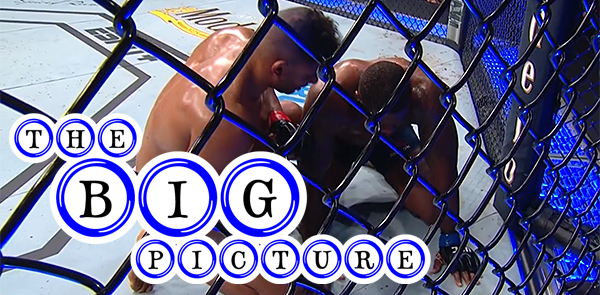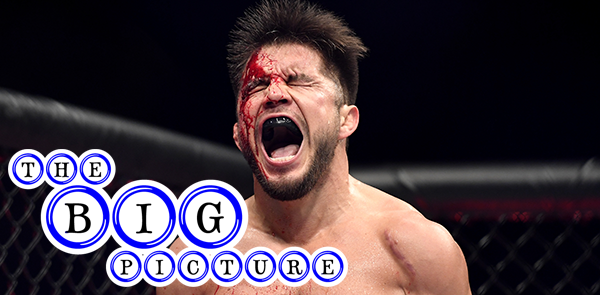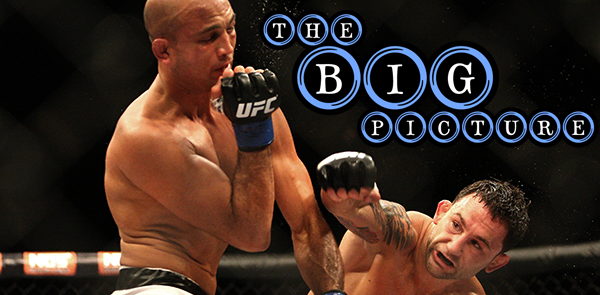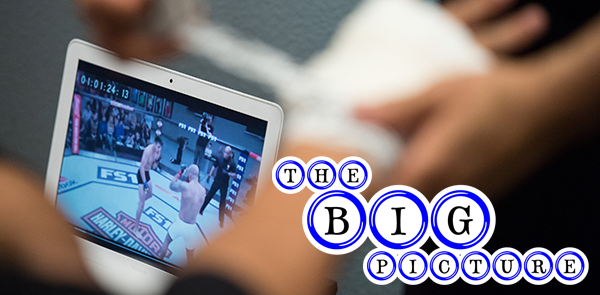It’s hard to not be moved by the documentary feature used to promote the UFC on ESPN 8 main event between Harris and Alistair Overeem. It depicts the bond between father and daughter blooming throughout each other’s lives over the last 15 years. She was a pillar of support for him when he struggled early on in the UFC and, cruelly enough, was violently taken from him in the middle of a career high. “According to court records, Aniah fought back and reached for the gun before she was shot in her car,” the documentary narration says. Harris, with tears in his eyes and trembling in his voice, echoes and embodies her struggle at the end of the video: “It’s not about fighting for me anymore. It’s about fighting for her.”
Yet something about the whole package felt uneasy. It was stirring and hopeful and powerfully told, all of which made it especially strange as fight promotion. It definitely did not put me in the mood to watch a sport where the most celebrated conclusion is an abrupt facsimile of death, and it did not make it easy to watch “The Big Ticket” get helplessly stretched out and mounted, flailing limply with nothing but a single hand covering the side of his head while he took punch after punch. They clearly weren’t going to knock him out but were nonetheless landing at will. Setting up Harris’ triumphant return and then watching him lose the way he did just felt bad. The real victory—that he returned to the cage at all—ended up lost in the noiselessness…





